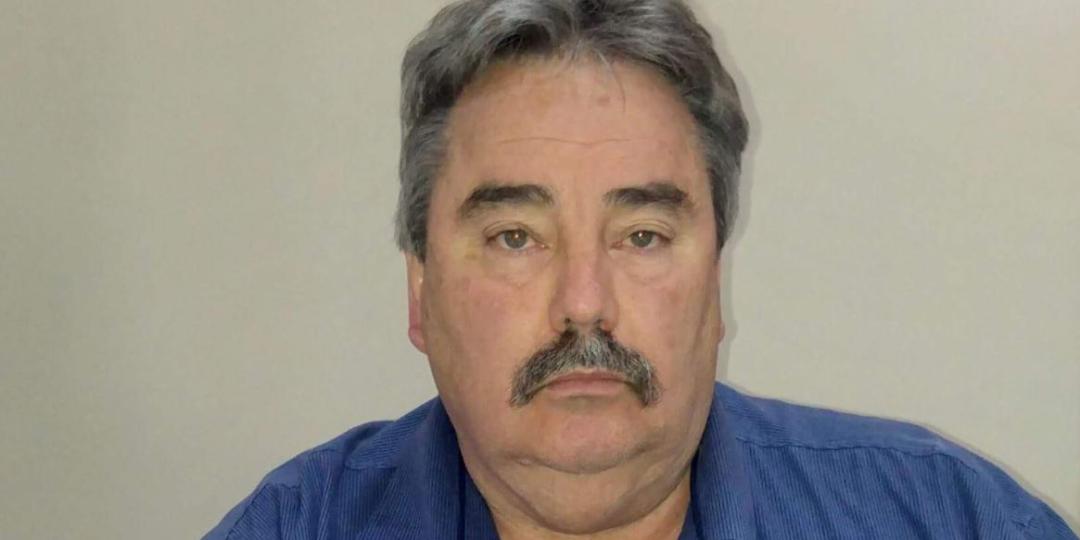Labour negotiations between Transnet and the two unions who represent more than 54 000 employees at the state-owned enterprise (SOE) have deadlocked after the freight utility adjusted its wage increase offer from 2% to 3%, failing to meet labour's demand of 7%.
Speaking to Freight News earlier this morning, Steve Harris, general secretary of the United National Transport Union (Untu), said the 7% wage increase demanded across the board was non-negotiable.
“Our constituents won’t accept anything lower.”
What has been accepted so far by Untu and the South African Transport and Allied Workers’ Union (Satawu), Harris added, was Transnet’s offer to employees of a non-retrenchment clause and a requirement by the SOE that organised labour sign an agreement to restructure itself within 30 days if negotiations succeeded.
Harris said Untu and, from what is known Satawu too, agreed in principle with the non-retrenchment and restructuring aspects of the negotiations.
“It’s the 3% offer that we simply cannot accept.”
Bargaining council conciliators have since offered to come back with an amended proposal to appease Untu and Satawu’s members.
“I can tell you that the mood is very bad,” Harris said.
“Our members are susceptible to going on strike. They believe that their employer is acting in bad faith, continuing to fill managerial vacancies at vastly inflated salaries. Since Portia Derby took over as CEO about 15 months ago, she has appointed about 20 executives to assist her, resulting in an increased wage bill of more than R65 million per annum.”
Derby herself, Harris said, earned a salary of more than R700 000 a month.
Despite the deadlock, he added that Untu and Satawu believed that not all was lost and that a national strike could be avoided if Transnet showed more understanding for the inflation-related salary pressure employees were facing.
“Going on strike is the last thing we want to do, but unless our wage demand is met, we will apply for a certificate of non-resolution in which instance we will seek the necessary mandate from our members.”
Should Untu and Satawu go on strike, more than 80% of the work force at Transnet would down tools, Harris said.
He said Untu represented more than 26 000 members and Satawu more than 28 000.
It will be the first time a countrywide strike has been called for Transnet’s employees.
Harris could not say how long it would take for arbitrators to return with a new offer.
“We remain hopeful though that it will be something we can take to our members.”













